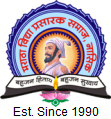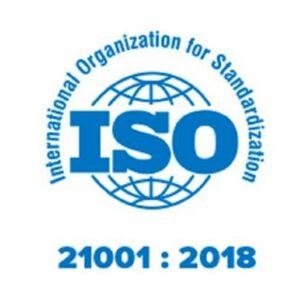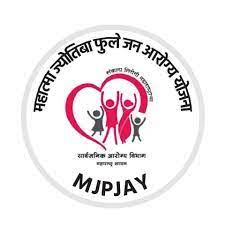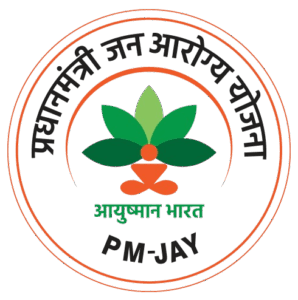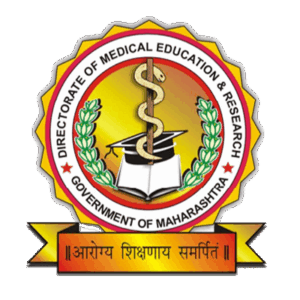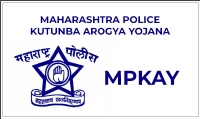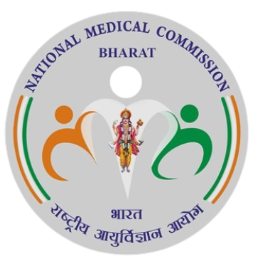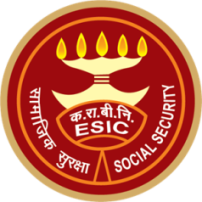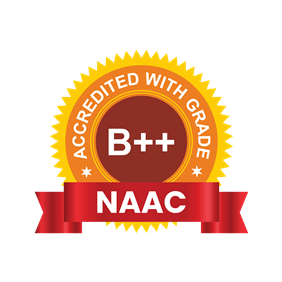UG Course
Goals
The broad goal of teaching of undergraduate student in Psychiatry is to impart such knowledge and skills that may enable them to diagnose and treat common psychiatric disorders, handle psychiatric emergencies and to refer complications/unusual manifestation of common disorders and rare psychiatric disorders to the specialist.
Objective:
At the end of the course the student shall be able to:
- Comprehensive nature and development of different aspects of normal human behavior like learning ,motivation, personality & intelligence;
- Recognize difference between normal and abnormal behavior;
- Classify psychiatric disorders;
- Recognize clinical manifestations of the following common syndromes and plan their appropriate management of organic psychosis, functional psychosis, schizophrenia, affective disorders, neurotic disorders, personality disorders, psychophysiological disorders, drug and alcohol dependence, psychiatric disorders of childhood and adolescence;
- Describe rational use of different modes of therapy in psychiatric disorders.
- Ability to promote mental health and mental hygiene,
- Knowledge of etiology (bio-psycho-social-environmental interactions),clinical features, diagnosis and management of common psychiatric disorders across all ages,
- Ability to recognize and manage common psychological and psychiatric disorders in a primary care setting, institute preliminary treatment in disorders difficult to manage, and refer appropriately,
- Ability to recognize alcohol/ substance abuse disorders and refer them to appropriate centers.
- Ability to assess risk for suicide and refer appropriately.
- Ability to recognize temperamental difficulties and personality disorders.
- Assess mental disability and rehabilitate appropriately.
- Understanding of National and State programmes that address mental health and welfare of patients and community.
- The teaching should be aligned and integrated horizontally and vertically in order to allow the student to understand bio-psycho-social-environmental interactions that lead to diseases/disorders for preventive, promotive, curative, rehabilitative services and medico-legal implications in the care of patients both in family and community.
PG Course
Goals
- The primary goal of the MD course in Psychiatry is to produce a post graduate clinician able to provide health care in the field of Psychiatry.
- A physician qualified in Psychiatry, at the end of the course, should be able to diagnose and treat psychiatric disorders, take preventive and curative steps for the disease in the community at all levels of health care and qualify as a consultant and teacher in the subject.
Educational Objectives:
-
- Understand the relevance of mental health in relation to the health needs of the Country
- Ethical considerations in the teaching and practice of Psychiatry
- Identify the social, economic, biological and emotional determinants of mental Health
- Identify the environmental causes as determinants of mental health
- Institute appropriate diagnostic, therapeutic and rehabilitative procedures to the
- mentally ill patient
- Take detailed history, conduct appropriate ethically valid physical examination and institute appropriate evaluation procedures to make a correct clinical diagnosis.
- Perform relevant investigative and therapeutic procedures for the psychiatric patient.
- Recommend appropriate laboratory and imaging examinations and interpret the results correctly
- Plan and deliver comprehensive treatment of a psychiatric patient using principles of rational drug therapy
- Plan rehabilitation of psychiatric patient suffering from chronic illness
- Clinically manage psychiatric emergencies efficiently
- Demonstrate empathy and humane approach towards patients and their families and respect their sensibilities
- Demonstrate communication skills of a high order in explaining management and prognosis, providing counselling and giving health education messages to patients, families and communities
- Develop appropriate skills to practice evidence-based psychiatry
- Demonstrate competence in basic concepts of research methodology and Epidemiology
- Be aware of and take appropriate steps in the implementation of national mental health programs, effectively and responsibly
- Be aware of the concept of essential drugs and rational use of drugs
- Be aware of the legal issues in the practise of Psychiatry
- Be aware of the special requirements in the practice of Child and adolescent Psychiatry and Geriatric Psychiatry
- The student should know the basic concepts of research methodology and plan a research project in accordance with ethical principles. S/he should also be able to interpret research findings and apply these in clinical practice. S/he should know how to access and utilize information resources and should have basic knowledge of statistics.
- S/He should learn the basic methodology of teaching and develop competence in teaching medical/paramedical students, health professionals, members of allied disciplines (e.g. behavioural sciences), law enforcement agencies, families and consumers and members of the public.
Skills
- Communication skill
- History taking and interview
- Mental status evaluation & Physical Examination with neurological examination
- Diagnostic formulation and comprehensive plan of management
- Appraisal of psychometric assessment i.e. Intelligence, personality
- Handling emergencies and liaison services
- Working in various sub specialties of psychiatry e.g. child & adolescent psychiatry, geriatric psychiatry, Addiction psychiatry & sexual medicine.
- Psycho-education skills
- Ethical discharge of duties
- Tackling medico legal issues
- Psychotherapy and counseling
- Behavior Therapy, Cognitive behavioural therapy
- Interpretation of EEG, CT, MRI.
- Biological therapies including ECT & Psychopharmacology
- The training aims at integrating experience in Medicine, Pediatrics, Neuropsychiatry and community settings. This helps the resident to develop a comprehensive perspective.

